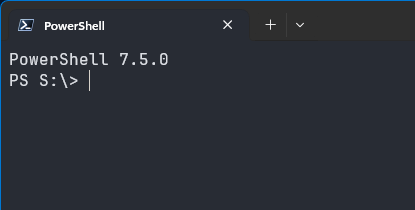The More Things Change…
Remember the CRT era? When ‘adjusting the aerial’ sometimes meant balancing on one leg with a coathanger in hand, performing accidental interpretive dance to get rid of the snowstorm on screen?
Well, here we are in 2025, and much has changed… although we’re still waving things around like idiots (laptops or Wi-Fi antennas), chasing elusive bars instead of faint UHF signals.
With most Wi-Fi monitoring apps out there either too slow to update or requiring endless clicking to get live signal info, I just wanted to open a terminal, type wifistr, and get immediate, constant feedback. So I made a console app…
It works by finding the first connected WLAN adapter and outputting the signal strength every second. I originally used Python for this task, but the script kept breaking with random Python updates and Microsoft’s occasional changes to the netsh output format. An exe which utilises the Windows API shouldn’t have this problem.
Visit the repo, vet the code and compile it yourself, or download the exe, stick it in your Windows path, and call it when needed.






